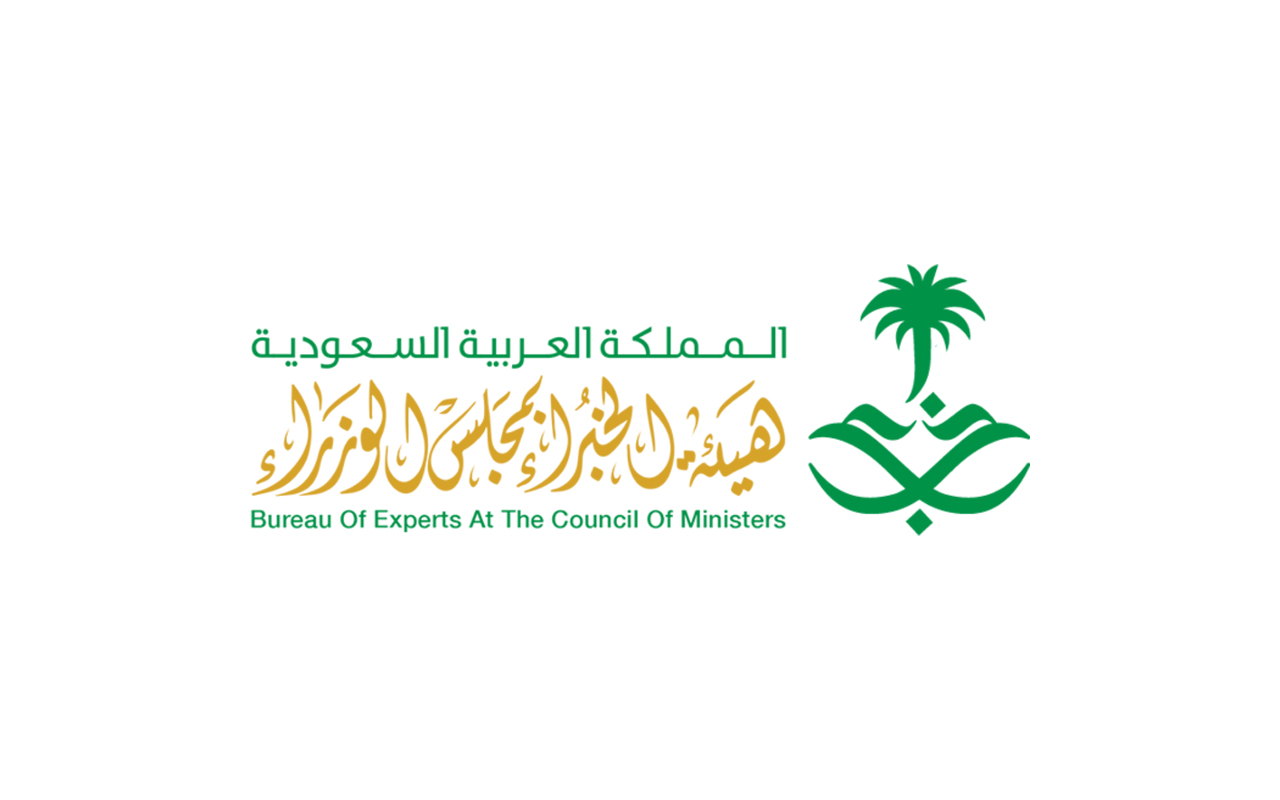Law of Private Security Services
The Law of Private Security Services is a set of legal rules that regulate the work of civilian guards for private sector establishments. The law regulates the operations of establishments that recruit civilian security guards and prepares them to protect private or public establishments. It addresses the required licenses and necessary procedures for the operation of security companies.
History of the Law of Private Security Services
The Law of Private Security Services was issued in 2005, and the project consists of fourteen articles. The executive regulations related to the law were issued in 2006.
The Istitlaa platform introduced a draft amendment to the Law of Private Security Services in 2021, aiming to gather feedback from interested parties regarding the amendments to the law. Subsequently, the new Law of Private Security Services was issued in 2022.
Objectives of the Law of Private Security Services
The Law of Private Security Services aims to address the challenges faced in the practice of providing human security guard services, and to regulate and limit the authorities responsible for reviewing and investigating violations. The law also specifies the imposition of penalties for violations and revises the amounts collected from penalties mentioned in Article Ten of the Law of Private Security Services.
Anyone who violates the law or its regulations is penalized with a fine not exceeding SAR500,000 or the revocation of the license. It is permissible to combine both penalties. The executive regulations of the law specify the penalties for each violation and establish guidelines for penalties in cases of repeated violations.
Characteristics of the Law of Private Security Services
The Law of Private Security Services is distinguished by addressing the challenges faced by private civilian security institutions and companies that provide human security services to clients for a fee. One of the provisions of the Law that addresses some of the issues faced by these security institutions and companies is the restriction of human security services to Saudi citizens. Individuals working in these institutions must exclusively hold Saudi nationality, given the sensitivity and importance of security work.
Conditions for licensing institutions and companies to practice private security services
The Law of Private Security Services outlines the conditions that must be met by sole proprietorships and companies licensed to practice private security services. These conditions include: the applicant must be at least twenty-five years old, sole proprietorships must be entirely owned by a Saudi national, and companies must be fully owned by Saudi nationals. Additionally, the applicant must not have been dismissed from civil or military service for disciplinary reasons unless at least three years have passed, must not have been convicted of a crime involving moral turpitude or dishonesty unless their reputation has been restored, and the institution or company must provide a bank guarantee and possess sufficient capital and resources to secure and equip security guards with the necessary tools as specified by the regulations.
The High Commission for Industrial Security in the Law of Private Security Services
According to the Law of Private Security Services, the High Commission for Industrial Security is responsible for issuing licenses and granting permission to security companies or institutions to operate in industrial and petroleum facilities. It is also tasked with reviewing, inspecting, and auditing the work of private civilian security companies in their performance of security duties at oil and industrial facilities, ensuring their compliance with the provisions of the Law of Private Security Services.
Security guards in the Law of Private Security Services
The draft of the Law of Private Security Services addresses the work of security guards, aiming to establish a suitable job description for them and approve standardized contracts for security guards, which will be included in the law's regulations. It also seeks to subject them to the Labor Law and Social Insurance Law to ensure their rights. Additionally, the law aims to enhance the abilities of private security guards in protecting the sites they are responsible for and improving their overall efficiency.
Penalties in the Law of Private Security Services
The Law of Private Security Services includes penalties for violating its provisions and regulations, which encompass: the temporary closure of the violating company or institution's premises for a period not exceeding one month, issuing warnings, and the revocation of the license, which can only be carried out by a ruling from the Board of Grievances. Additionally, fines may reach up to a maximum of SAR50,000, and in cases of repeated offenses, the fine is doubled.
The Bureau of Investigation and Public Prosecution (Public Prosecution) is responsible for investigating and prosecuting violations of the Law of Private Security Services in the Kingdom. Committees are formed by a decision of the Minister of Interior, consisting of three members, one of whom must be a legal or Sharia advisor, to review violations of the provisions of this law and determine the appropriate penalty. Their decisions are subject to approval by the Minister of Interior. Anyone who has been issued a penalty decision by this committee has the right to appeal it before the Board of Grievances within sixty days from the date of notification.
